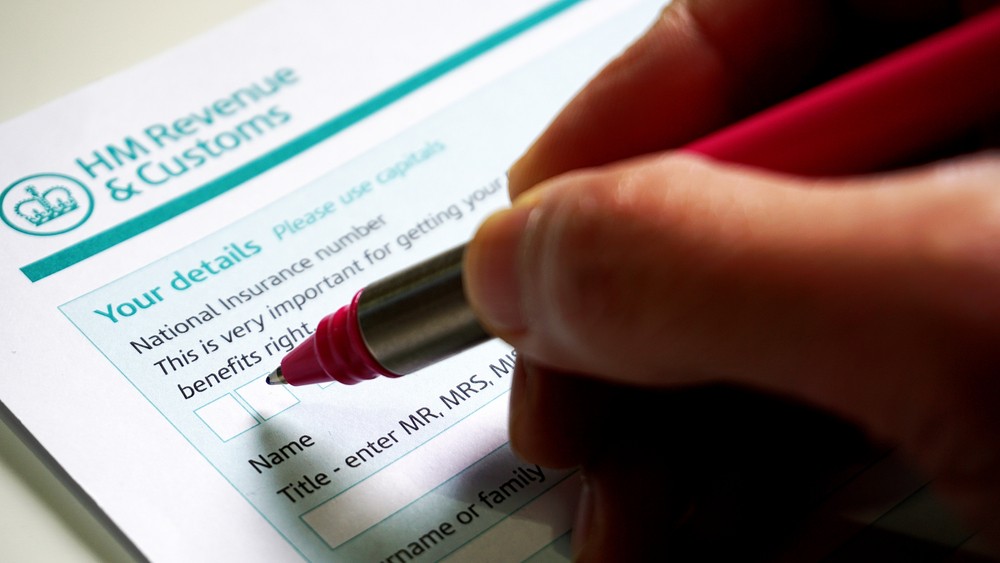
15 Aug What is PAYE tax
PAYE tax is an acronym for “Pay As You Earn” tax. It is the tax that is deducted from the salaries of employees before they receive their take-home pay. The UK government uses this system to collect income tax and National Insurance contributions (NICs) from employees.
PAYE tax is calculated based on the amount of taxable income an employee earns. When an employee receives their salary, the tax and NICs deducted from it are paid directly to HM Revenue and Customs (HMRC) by their employer. Since the self-employed do not receive salaries, they are not eligible to pay PAYE tax.
Employers are required to maintain accurate records of their employees’ salaries and the tax deducted, and then submit this information to HMRC at the end of every tax year. This ensures that the tax and NICs deducted from employees’ salaries are accurately recorded, and that they are given credit for these payments when it is time to file their self-assessment tax returns.
In addition to PAYE tax and NICs, employees may also be required to pay other types of tax, such as income tax on savings or rental income, capital gains tax, or inheritance tax. However, these taxes are not deducted through the PAYE system, and employees are responsible for paying them directly to HMRC.
The amount of PAYE tax an employee pays is determined by their taxable income and tax code. Taxable income includes money earned from employment, as well as income from other sources, such as rental properties, savings accounts, and investments. Tax codes are used to determine the amount of tax that needs to be deducted from an employee’s salary. They are based on a range of factors, including their personal allowance, taxable income, and any tax deductions they are eligible for.
Employees can find their tax code on their payslips or contact their employer if they are unsure. It is important to check that their tax code is correct, as incorrect tax codes could result in overpayment or underpayment of tax.
If an employee believes that they are paying too much or too little tax through PAYE, they can contact HMRC to request a review of their tax code or file a self-assessment tax return. However, this is only applicable if they have additional sources of income or have other expenses that are deductible from their taxes.
In conclusion, PAYE tax is a system used in the UK to collect income tax and National Insurance contributions from employees. This tax is deducted from an employee’s salary and paid directly to HMRC by their employer. Employers are responsible for maintaining accurate records of their employees’ salaries and the tax deducted, and submitting this information to HMRC at the end of every tax year. PAYE tax is determined by an employee’s taxable income and tax code, which are based on factors like their personal allowance and any tax deductions they are eligible for. If an employee has additional sources of income or expenses that are deductible from their taxes, they may file a self-assessment tax return or request a review of their tax code from HMRC.

